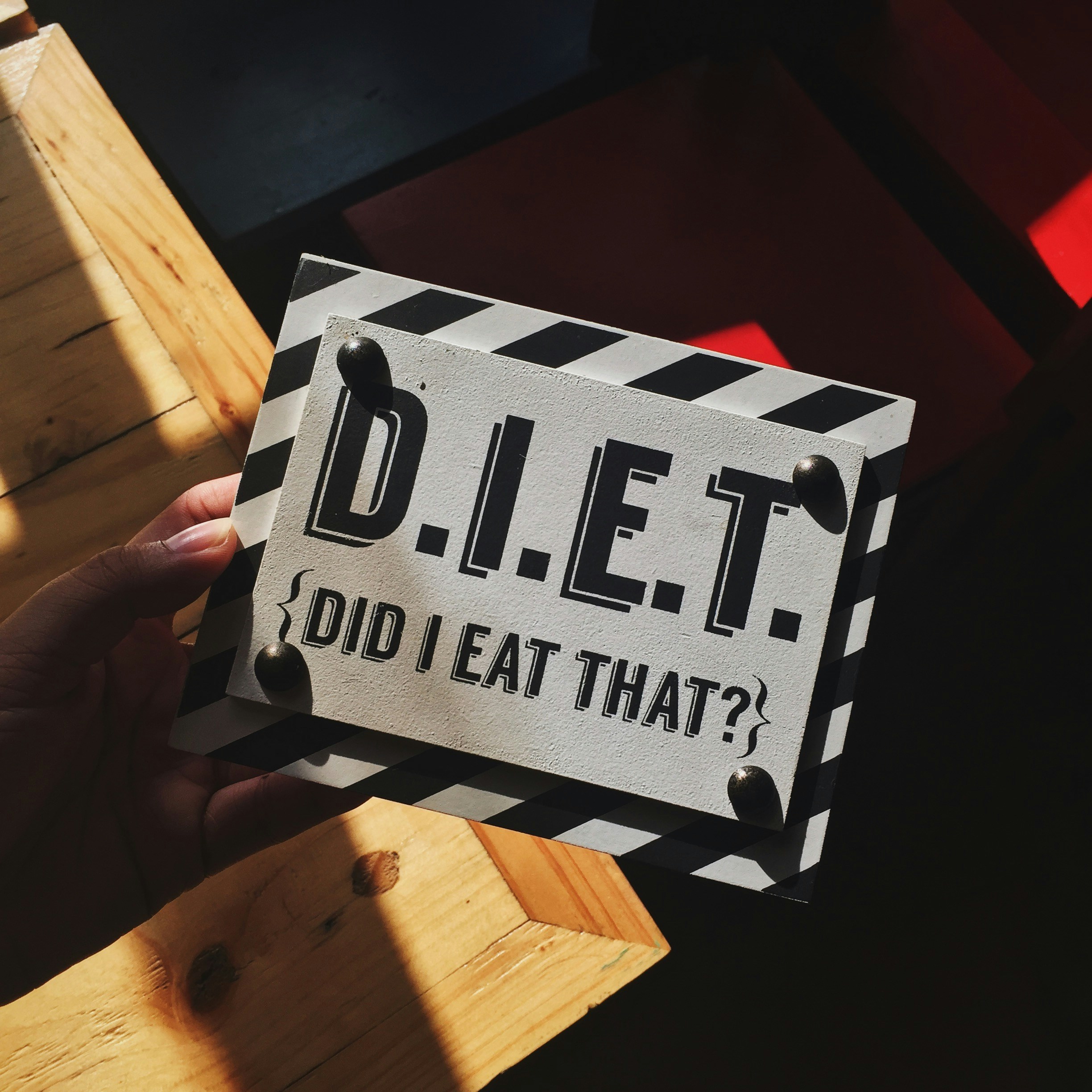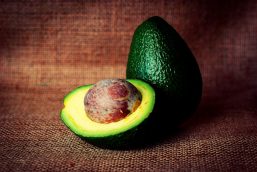
Dietary Habits That Should Be Avoided
If you are familiar with the proverb "You are what you eat," you will have a better understanding of the significant impact that our eating habits may have on our general health. It is not enough to just abstain from eating junk food. We must also make well-informed decisions that provide our bodies with the nourishment they need to function at their best. In fact, it is important to prioritize meals that are rich in nutrients and provide a diverse assortment of vitamins, minerals, and antioxidants.
There is more to eating a balanced diet than merely being aware of what foods to avoid. It is about being aware of the precise requirements that our bodies have and providing them with the appropriate nutrition. In this article, we will discuss several popular eating practices that may, in fact, be more detrimental to one’s health than beneficial. Let’s discover the negative effects of consuming an excessive amount of sugar, the risks associated with eating processed foods, and the significance of controlling portion sizes. In addition, we will provide helpful advice and ideas on how to make better decisions and steer clear of these potential dangers.
Overeating
The problem of excessive eating is widespread and has substantial repercussions for both the management of one’s weight and one’s general health. Addressing this difficulty includes adopting effective solutions, such as portion management. Choosing smaller plates and bowls purposefully generates an optical illusion that fools the brain into seeing bigger portions, possibly lowering total calorie intake. In addition, to magnify this effect, keep in mind that the speed of eating is a key factor. Taking the time to taste each mouthful and adopting a slower eating tempo adds to a more attentive eating experience. This strategy gives the brain roughly 20 minutes to record the sense of fullness, helping us to understand that we have ingested a sufficient quantity of food. By combining both tactics — portion control and mindful eating — it is feasible to construct a holistic method to combat the ubiquitous problem of overeating. This comprehensive technique not only aids improved weight control but also benefits general health and well-being.
Skipping Meals
Skipping meals, especially breakfast, might lead to overeating later in the day. This happens because when we miss a meal, our body’s hunger signals become more acute, increasing the risk of ingesting greater quantities or making poor food choices. To combat this, it is vital to set regular meal times, helping to maintain a constant metabolism and minimize cravings. In instances when time is limited, a smart method is to prepare meals in advance. This proactive strategy ensures that nutritional selections are easily accessible, eliminating the temptation to miss meals or turn to bad fast food choices. Planning meals ahead of time has been related to better eating habits and overall nutritional adherence. Furthermore, having a cache of nutritious snacks at hand shows to be a wonderful method to control hunger and prevent the tendency to skip meals completely. Having handy, healthful snacks readily available can actually be a pretty beneficial dietary habit.
Consuming Too Much Sugar
Sugar, with its covert presence in unexpected places like bread, spaghetti sauce, and salad dressing, necessitates a diligent approach to label reading. It lurks under numerous labels, and being aware of these hidden sugar sources is vital for making educated nutritional decisions. However, within the need to find and reduce hidden sugars, there are healthy choices ready to be incorporated. Natural sweeteners, such as honey or agave, provide a guilt-free option to add sweetness to foods. These options not only pander to the sweet desire but also deliver significant nutritional advantages. Honey, for instance, is acclaimed for its antioxidant benefits, while agave is recognized for its low glycemic index. For those feeling a little more brave, discovering the natural sweetness of fruits gives a wonderful and healthy alternative. Fruits not only deliver a blast of flavor but also come loaded with necessary nutrients, making them a good choice for fulfilling sweet cravings.
Eating Late at Night
Indulging in late-night meals may interrupt your digestion and sleep, possibly impacting your general well-being and regeneration. To preserve maximum health, it’s important to consume supper at least three hours before bedtime. This time buffer offers your body ample chance to digest the meal, lowering the possibility of discomfort or indigestion during sleep. The aim is to synchronize your eating habits with your body’s natural cycles – this theory is endorsed by health experts and research on the effect of late-night eating. If you find yourself feeling hungry before hitting the mattress, going for a modest, light snack is a sensible decision compared to a substantial dinner. This technique takes into account the possible effect of evening snacking on sleep quality. Choosing snacks that blend complex carbs with a source of protein is a reasonable way to fulfill your desires without disrupting your sleep pattern.
Snacking
Embracing a habit of snacking may be a healthy decision when undertaken with awareness and attention to nutritional value. Instead of settling for processed snacks, adopting nutrient-rich alternatives is crucial to preserving energy levels throughout the day. Scientific studies continually stress the importance of snacking behaviors on overall dietary patterns, arguing for choices that contribute to general well-being. By having a broad assortment of fresh fruits, crisp vegetables as well as nutritious nuts and seeds easily accessible, you provide a pleasing array of alternatives for those occasions when hunger hits between meals. These food choices not only can meet your desires but also give necessary vitamins, minerals, and antioxidants, boosting your overall health. Additionally, skillfully mixing various dietary categories in your snacks might bring significant advantages. For instance, mixing fruits with nuts or seeds boosts the nutritional profile of the snack, giving a combination of carbs, healthy fats, and protein. This is also connected with enhanced glucose management and prolonged energy release, adding to a balanced and healthy nutritional approach.
Lack of Protein
Protein serves an essential function in maintaining a well-balanced diet, acting as a major participant in creating and repairing tissues throughout the body. This vital dietary ingredient contributes to several physiological functions, including muscle growth and immunological efficiency. To ensure you’re receiving a proper quantity of protein, it’s crucial to vary your protein sources between meals and snacks. Incorporating diverse foods not only boosts the nutritional content of your diet but also offers a spectrum of essential amino acids required for proper tissue repair and maintenance. Include lean meats like chicken or turkey in your diet, delivering high-quality animal protein. Dairy products, such as milk or yogurt, are great providers of both protein and important minerals like calcium. Legumes, such as beans or lentils, give plant-based protein and fiber, promoting digestive health. Nutrient-dense nuts may add more depth to your diet, providing healthy fats and other vitamins. The varied assortment of protein sources not only matches your body’s demands for tissue repair but also correlates with studies showing numerous health advantages. For example, eating plant-based proteins from legumes and nuts is connected with enhanced heart health and a lower risk of chronic illnesses.
Not Drinking Enough Water
Water plays a key role in supporting critical biological processes. Despite its relevance, many individuals fall short of reaching the recommended daily consumption. Studies continuously emphasize water’s important role in cognitive function, digestion, and temperature control, underlining its effect on our general well-being. To emphasize hydration, adopting the practice of carrying a reusable water bottle may be a game-changer. This basic habit guarantees that water is always within reach, wherever you travel. Health experts typically suggest taking at least eight glasses of water everyday, corresponding with the body’s physiological demands. For those who find plain water uninteresting, there’s a solution: infusing it with slices of delicious fruits or fragrant herbs. This not only gives a delicious twist to the flavor but also offers additional minerals and antioxidants. Flavored water has been demonstrated to boost total fluid consumption, making the practice of hydration more pleasurable and sustainable.
(Im)proper Meal Eating Order
The way you arrange the components of your meal may dramatically affect digestion and general health. It’s suggested to start off your meals with protein-rich foods and veggies, a technique that has been examined for its impact on numerous elements of metabolic health. This strategic approach not only assures the intake of important nutrients but also plays a significant role in producing a sensation of fullness. Starting a meal with protein-rich foods, such as lean meats, dairy, or plant-based sources, has ramifications for blood sugar levels. Research shows that incorporating protein at the beginning of a meal correlates to a more gradual increase in blood glucose, delivering advantages for glycemic management and perhaps lowering the risk of insulin spikes. Additionally, adding veggies at the onset of your meal promotes nutritional absorption. Vegetables, recognized for their fiber content and wide variety of vitamins and minerals, help normal digestive function and nutrient absorption. The fiber in vegetables can promote intestinal health, underscoring the necessity of including them early in your diet. The mix of protein and veggies at the outset of your meal also impacts satiety, the sensation of fullness. This may bring a positive outcome in terms of regulating calorie intake and aiding weight management attempts. The significance of satiety in controlling food intake corresponds with scientific findings into creating a balanced and health-conscious dietary pattern.
Lying Down After a Meal
Taking a 10-minute stroll after a meal is a simple but effective solution that may contribute greatly to overall health. As studies suggest, post-meal activity delivers various advantages. Firstly, it promotes digestion by activating the muscles of the digestive tract, facilitating the smooth passage of food through the digestive system. This may help decrease typical discomforts like bloating, enabling a more pleasant post-meal experience. Additionally, walking after a meal has been reported to normalize blood sugar levels. The exercise enhances insulin sensitivity, providing a more effective absorption of glucose by cells and minimizing the likelihood of rapid rises in blood sugar, which is especially advantageous for those worried about glucose management. Moreover, a quick post-meal activity delivers a natural energy boost. The increased blood circulation and oxygen supply to muscles help to counterbalance the feeling of lethargy that may accompany bigger meals, supporting a more alert and focused state. Additionally, walking after a meal may help prevent or reduce heartburn by stimulating the downward migration of stomach contents and minimizing the probability of reflux, which is yet another digestive advantage.
Conclusion
In sum, it’s crucial to understand that our everyday behaviors dramatically affect our overall health. The way you fuel your body, whether you remain hydrated or not, how you schedule your meals, and even what you do after eating may have a huge influence on your wellness. However, it’s never too late to make adjustments. By diversifying your protein sources, emphasizing water, eating your meals in a specific sequence, and taking a quick walk after eating, you may support your body’s functioning and encourage a healthy lifestyle. Remember, every tiny step counts. It’s about making steady, sustainable choices that stack up over time rather than startling overnight transformations.




Logged as artur-terbalyan. Log out ?
Add a comment